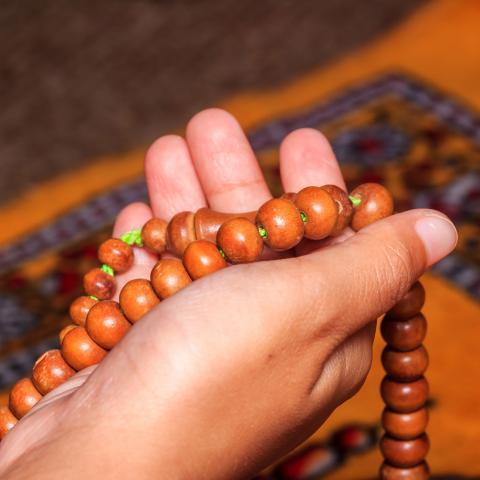Aspiration

In focus groups and interviews, participants shared a dynamic dimension to spirituality—it was something they were working toward, or something that could help them become a better version of themselves.
People made drawings of paths they were following, and offered examples of how spirituality was an experience of seeking and growth. Others shared how their spirituality inspired them to serve others and make their community or their world a better place.
Three in five people aspire to be more spiritual—and those who see themselves as very spiritual aspire to be even more so.
Many people in focus groups and interviews described the qualities of a spiritual person as exemplary of the type of person they wanted to be. They described spirituality as dynamic rather than static. Several wrestled with calling themselves “very” spiritual because they understood spirituality as a journey without an endpoint—that there is no way to master being spiritual.
“It’s … something that I’m working towards which is having a richer, more wise and at peace understanding of the world. And I hope with age I’ll get there, but yeah, I’m not there [yet].”
Sarah, 34
Slightly spiritual / Not religious at all (Agnostic)
“[Spirituality is something to be] nurtured and cultivated and supported, like a plant. A seed.”
Nancy, 54
Very spiritual / Moderately religious (Episcopalian)
Nearly half of people say they have become more spiritual over the course of their lives.
In conversation, several people gave examples of how their spirituality evolved from being a passive part of their religious upbringing, to a more meaningful, more active practice today. Others shared how their sense of spirituality now is related to their personal growth.
“In the past year, I’ve been getting more into reading Buddhist texts and listening to podcasts and practicing meditation. That has been really big in just making sure that I’m being the best person that I can be.”
Mark, 29
Very spiritual / Not religious at all (Buddhist)


